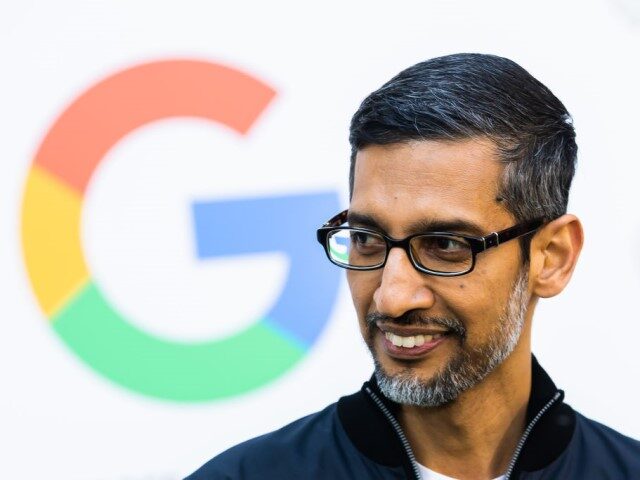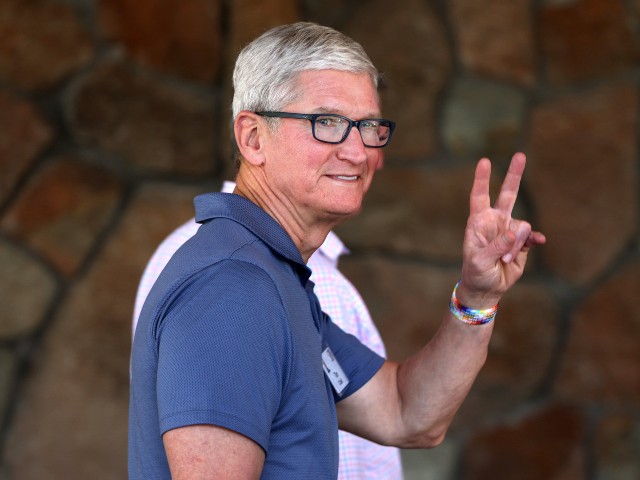The Department of Justice, along with a coalition of state attorneys general, has initiated a groundbreaking antitrust trial against tech giant Google, accusing the company of maintaining a monopoly in the search engine market through strategic barriers and “feedback loops” of paying device makers to defend its power.
CNBC reports that the Department of Justice (DOJ) and a coalition of state attorneys general, spearheaded by Colorado, are taking on Google in what is being touted as the most significant tech antitrust trial in decades.
The government’s case hinges on the argument that Google has strategically erected barriers to entry and created a “feedback loop” to sustain its market dominance. Google claims that its popularity among consumers is the reason for browser makers and phone manufacturers choosing it as their default search engine through revenue-sharing agreements.
The trial is expected to feature a star-studded lineup of witnesses, including Google CEO Sundar Pichai, Apple’s Senior Vice President of Services Eddy Cue, and Mozilla CEO Mitchell Baker. Their testimony will provide insights into Google’s level of market dominance and its behavior in the tech ecosystem.
According to the DOJ, Google’s alleged feedback loop involves paying for default search engine status, which allows the company to garner more search queries. These queries, in turn, generate more data that Google uses to improve its search quality. This enhanced search quality then helps Google generate higher profits, which it uses to maintain its default status across browsers and devices. Google pays over $10 billion annually for default status on browsers and devices, according to Kenneth Dintzer, the DOJ’s lawyer.
The government also alleges that Google has taken steps to limit competition from potential rivals. For instance, Google has been accused of adding stipulations to its revenue-sharing agreement with Apple to prevent the tech giant from diverting traffic away from Google’s search engine. “Google maintains its monopoly through a feedback loop that serves to strengthen its hold on the market while making it harder for rivals to enter,” Dintzer added.
On the other side, Google argues that its search engine’s popularity is a result of continuous innovation rather than efforts to stifle competition. “Competition has never been more real,” said John Schmidtlein, Google’s lawyer. He also pointed out that browser and device makers enter into agreements with Google willingly, seeing it as beneficial for their business models.
As the trial progresses, the stakes are high not just for Google but for the entire tech industry. The outcome could set a precedent for how antitrust laws are applied to tech companies in the future, potentially altering the landscape of the internet as we know it.
The trial is expected to last for 10 weeks, with the DOJ presenting its case first, followed by the coalition of state attorneys general, and finally, Google’s defense.
Read more at CNBC here.
Lucas Nolan is a reporter for Breitbart News covering issues of free speech and online censorship. Follow him on Twitter @LucasNolan


COMMENTS
Please let us know if you're having issues with commenting.